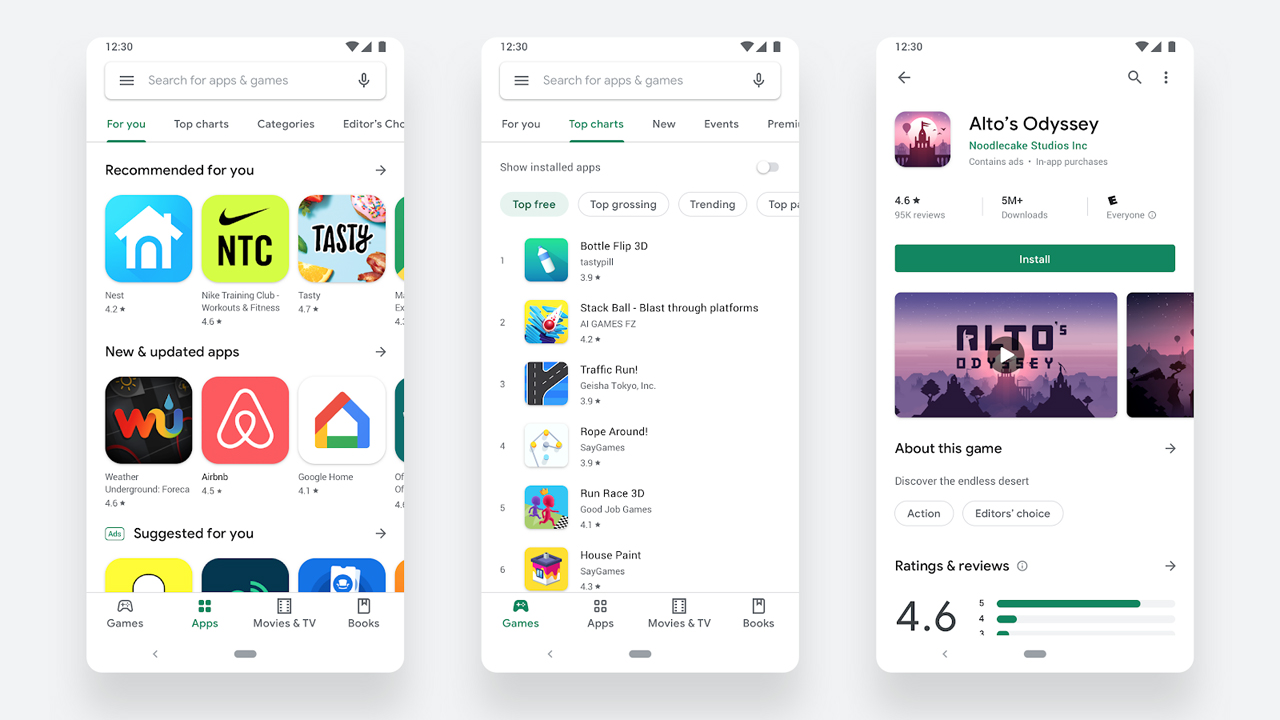Google Lowers More Play Store Developer Fees
- Paul Thurrott
- Oct 21, 2021
-
9

Unlike Apple, Google has seen the light: It is dramatically lowering the fees that it charges for subscription and media apps in its Play Store for Android.
After learning from and listening to developers across many industries and regions, including developers like Anghami, AWA, Bumble, Calm, Duolingo, KADOKAWA, KKBOX, Picsart, and Smule, we’re announcing changes to further support our ecosystem of partners and help them build sustainable businesses, and ensure Play continues to lead in the mobile app ecosystem,” Google vice president Sameer Samat writes in the announcement post.
Windows Intelligence In Your Inbox
Sign up for our new free newsletter to get three time-saving tips each Friday — and get free copies of Paul Thurrott's Windows 11 and Windows 10 Field Guides (normally $9.99) as a special welcome gift!
"*" indicates required fields
There are two fee changes.
First, the service fee for subscriptions purchased inside of an app is dropping from 30 percent to 15 percent. This change goes into effect on January 1, 2022.
Second, Google is lowering the service fee for media apps, which are e-book readers, on-demand music streaming services, and the like, to as low as 10 percent.
“The new rates recognize industry economics of media content verticals and make Google Play work better for developers and the communities of artists, musicians, and authors they represent,” Google notes, though I suspect all of the regulatory scrutiny and antitrust rulings against the firm had more of an impact.
You can learn more about the new fee structures here. But this isn’t the first major change that the firm has made in the face of worldwide pressure. This past March, Google agreed to lower its app store fees from 30 percent to 15 percent for the vast majority of developers—those who earn less than $1 million in revenues each year—copying a similar move by Apple. The difference this time, of course, is that these changes impact all developers, including the biggest.
Will this be enough to appease regulators? Honestly, I doubt it. But it’s a major step in the right direction. And one that Apple should take as well.